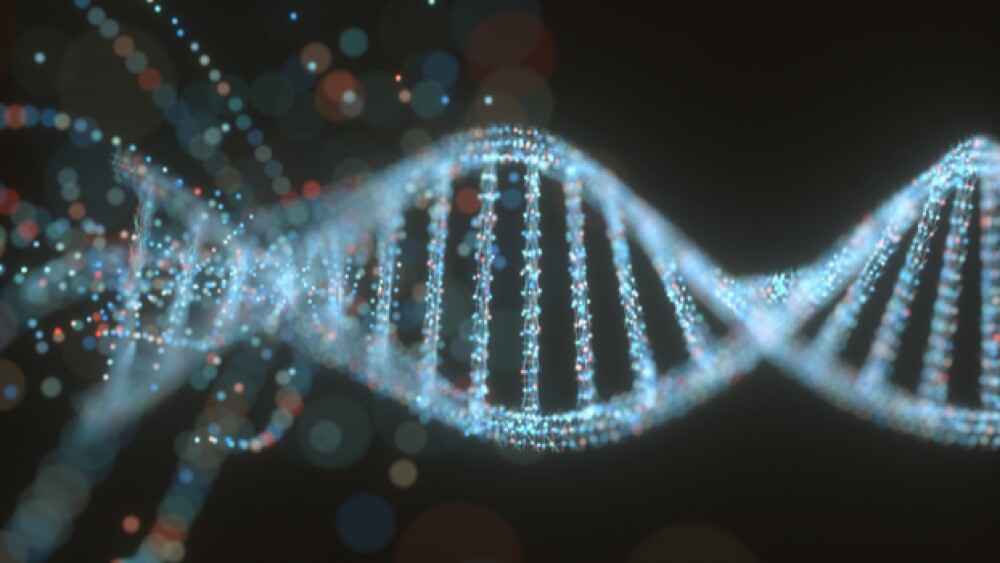There are numerous ongoing projects between healthcare institutions and biopharmaceutical companies that are focusing on deep dives into patients’ genes, hoping to provide insights that can lead to newer, better drugs developed faster. But they’re not without their controversies.
In June, Salt Lake City-based Intermountain Healthcare and Reykjavik, Iceland-based deCODE Genetics, a subsidiary of Amgen, teamed to collect and analyze 500,000 DNA samples. The initiative is called the HerediGene: Population Study.
The agreement is only one of numerous ongoing projects between healthcare institutions and biopharmaceutical companies that are focusing on deep dives into patients’ genes, hoping to provide insights that can lead to newer, better drugs developed faster. But they’re not without their controversies.
Other examples include a deal between Mayo Clinic and Regeneron Pharmaceuticals to sequence 100,000 patients, and Pennsylvania-based Geisinger also has a deal with Regeneron. These are different agreements than the type being conducted by public institutions, such as the May 2019 data-release of the “All of Us” data, a project to enroll one million people to share health and medical data, run by the U.S. National Institutes of Health (NIH) and the UK Biobank. That data was open to all researchers.
The Wall Street Journal notes that these deals between hospitals and biopharma companies generally prohibit hospitals from sharing the data with other companies or the companies from sharing the data with the hospitals’ competitors. Hospitals and biopharma companies don’t always disclose when the data will be used or how, although they almost always de-identify the patient information.
Biopharma company executives, however, defend their private use of the data, which is typically utilized confidentially during the research, but publicly publish their research findings.
“We really feel a sense of responsibility to move things forward,” Aris Baras, head of the Regeneron Genetics Center, told the WSJ.
Baras also indicated that when both parties agree, data-sharing restrictions can be waived. Some of those deals let hospital researchers use the data to work with nonprofits or NIH-funded research. In many cases, the NIH requires at least a portion of the genetic data used in research to be made public.
Under the corporate deals, hospital patients agree to their medical records, blood or other biological samples be used for research. The information and samples are de-identified before sending to biopharma companies, which sequence the DNA. The companies analyze the data and medical records for associations between genetic traits and disease.
Biopharma companies want the data, even though there are no guarantees they will find useful, actionable information, but they’re willing to pay for it. Healthcare-based researchers would likely not have access to that kind of information because of the costs of sequencing large numbers of samples. Patients, generally, seem willing to be involved, particularly since they often get free genetic testing out of it.
“We would have no data,” Keith Stewart, director of Mayo Clinic’s Center for Individualized Medicine, told WSJ. “We don’t have that kind of money sitting around.”
And in the deals between hospitals and biopharma companies, the data is often made available to the hospital researchers.
Although to-date there does not appear to have been enormous numbers of publicized insights coming out of these deals, it’s likely only a matter of time. For example, last year, Regeneron indicated that in its analysis of Geisinger patient data, it had identified a gene variant linked to a lower risk of chronic liver disease. The company filed for related patents and signed an agreement with Alnylam Pharmaceuticals to develop a therapy related to the gene variant.





